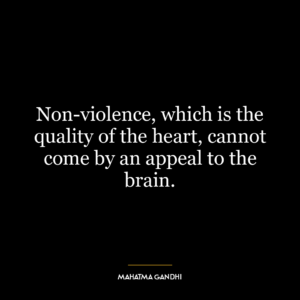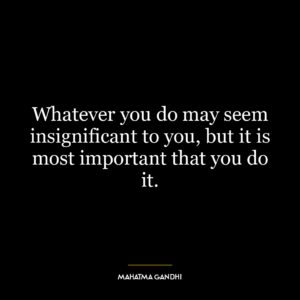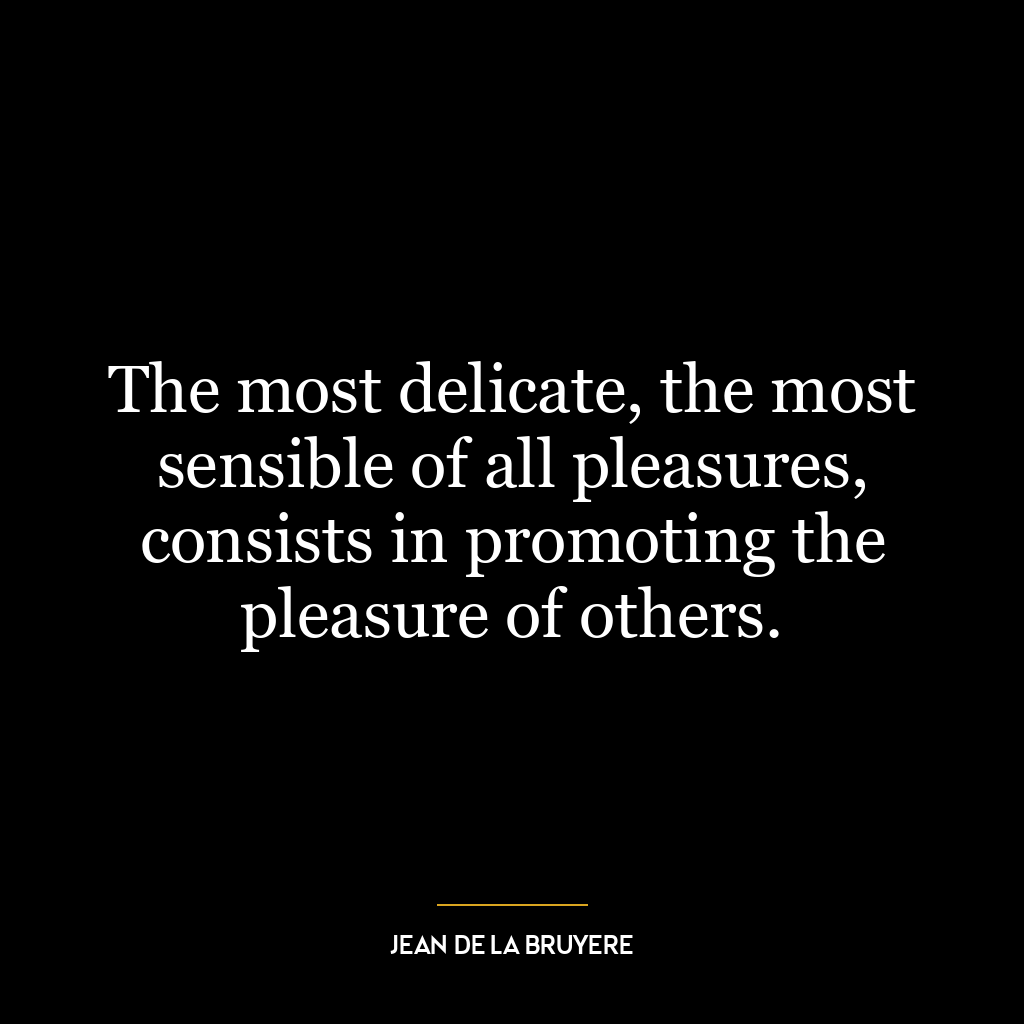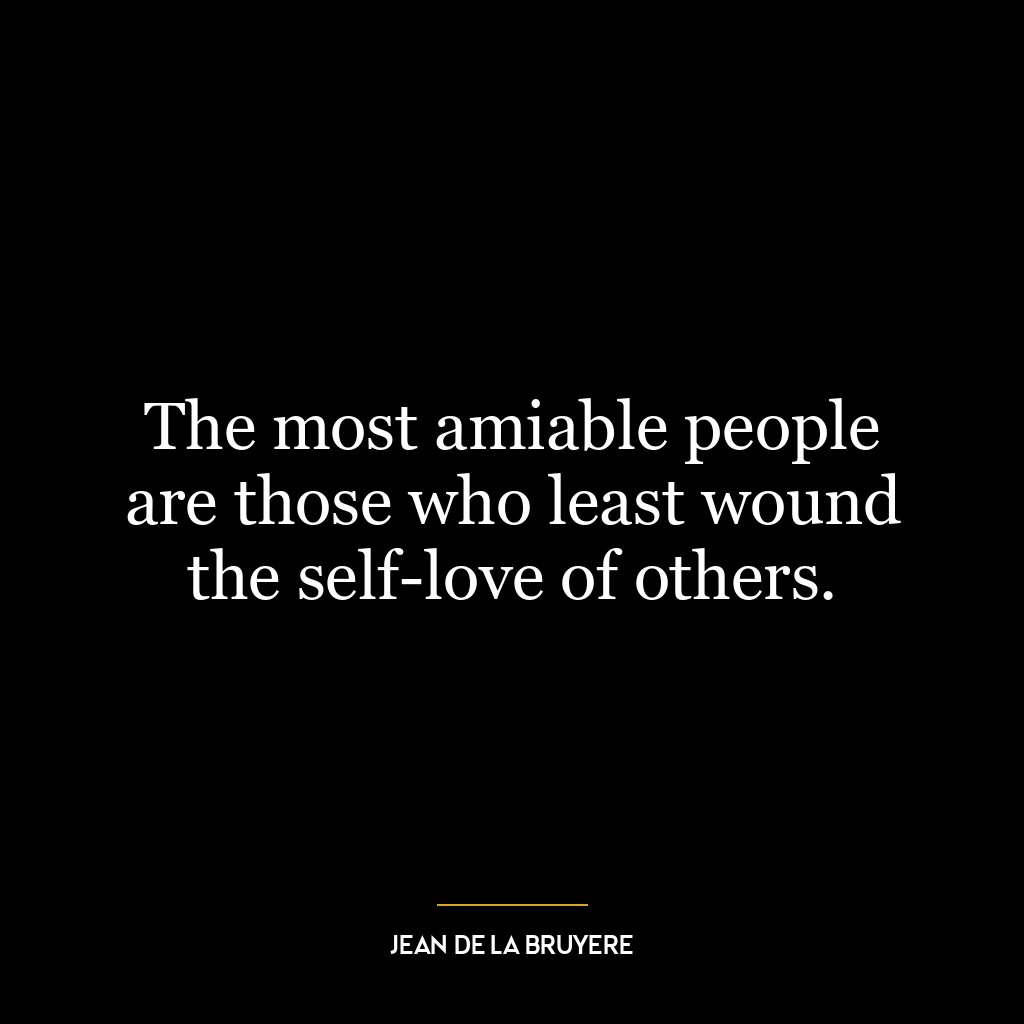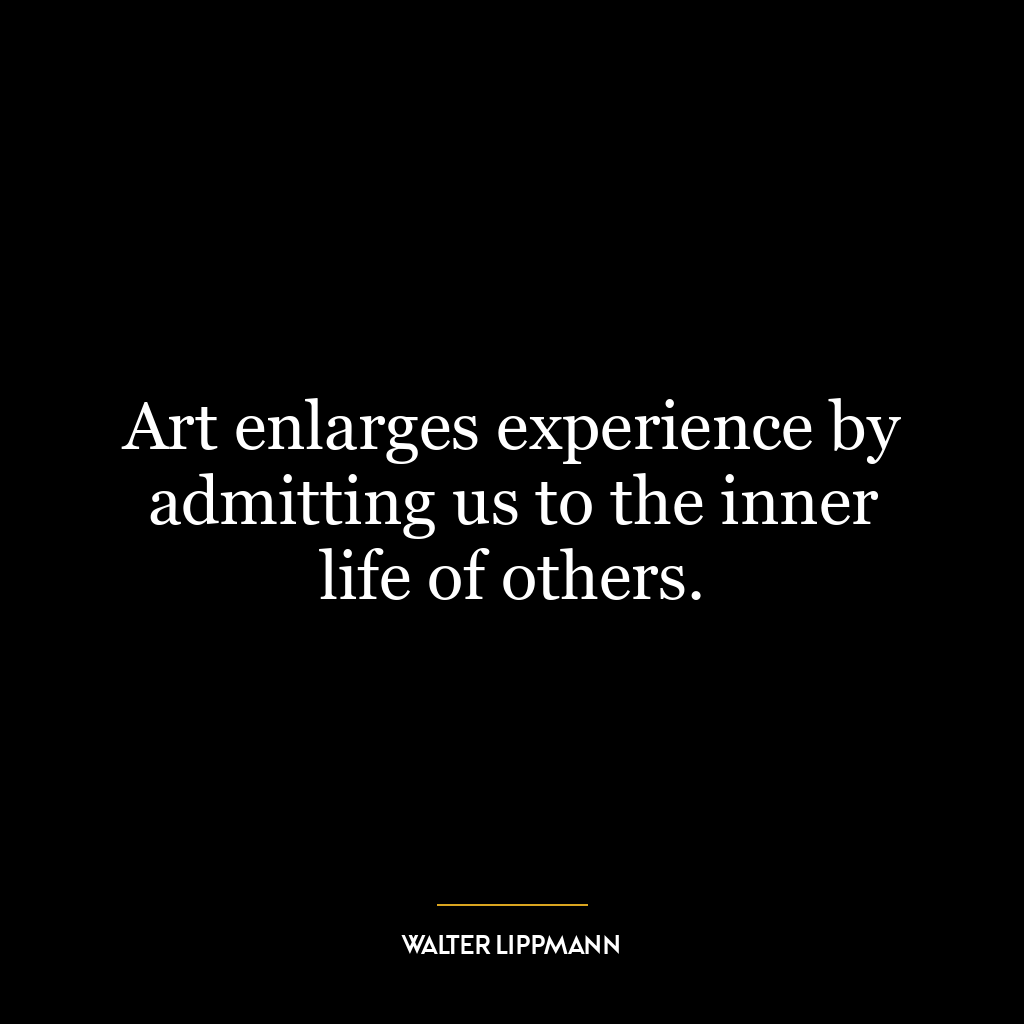Think of the poorest person you know and see if your next act will be of any use to him.
This quote is a profound reflection on empathy, altruism, and the role of personal actions in uplifting the less fortunate. It invites us to consider our actions not just in terms of how they benefit us or those immediately around us, but also how they impact the most vulnerable and disadvantaged among us.
The quote suggests that true worthiness of an act lies not only in its immediate effects but also its wider implications. If an action can help improve the life condition of the poorest person one knows, it implies that such an action is universally beneficial. It’s a call for deep empathy – to put oneself in another’s shoes before deciding on any course of action.
In today’s world where wealth inequality is rampant and poverty still persists despite technological advancements, this idea holds great relevance. It encourages individuals to make conscious decisions that contribute towards reducing disparities and promoting equity. This could be as simple as buying products from companies that pay fair wages or supporting initiatives aimed at empowering underprivileged communities.
On a personal development level, this quote can be seen as a guide for cultivating empathy and compassion – key traits for emotional intelligence and effective leadership. By encouraging consideration for others’ circumstances before acting, it promotes selflessness over selfishness which fosters personal growth.
Moreover, it challenges people to think critically about their actions’ potential ripple effects on society at large – fostering a sense of social responsibility which can lead to more ethical decision-making both personally and professionally.
by asking one to consider their next act’s usefulness to someone who has less than them, it subtly emphasizes gratitude for what one already has – another essential aspect of personal development linked with increased happiness levels.





